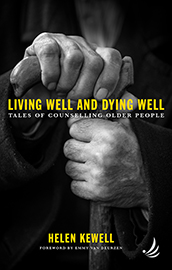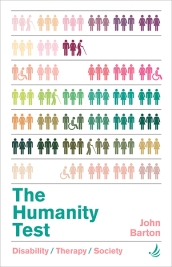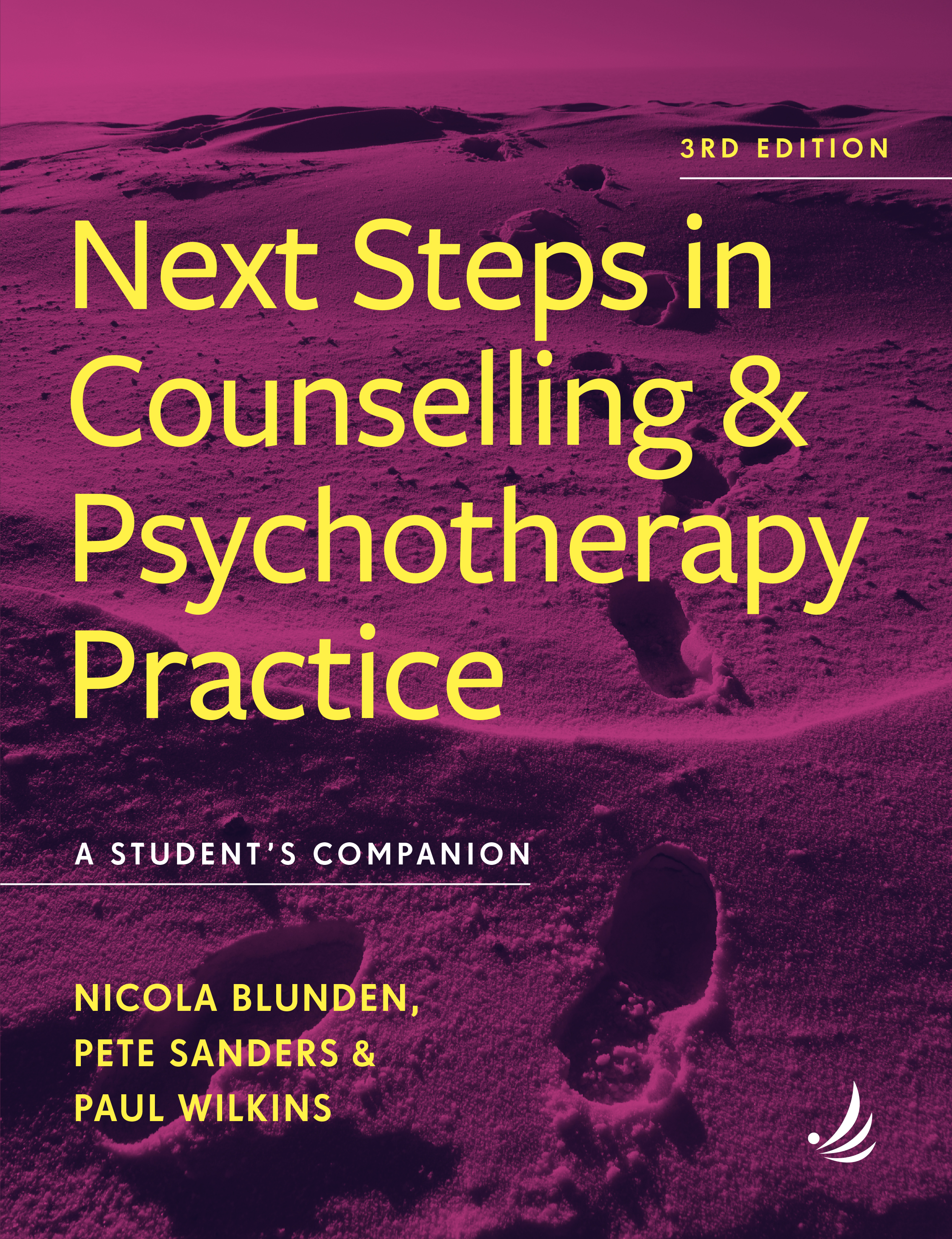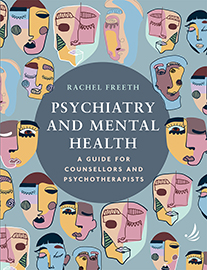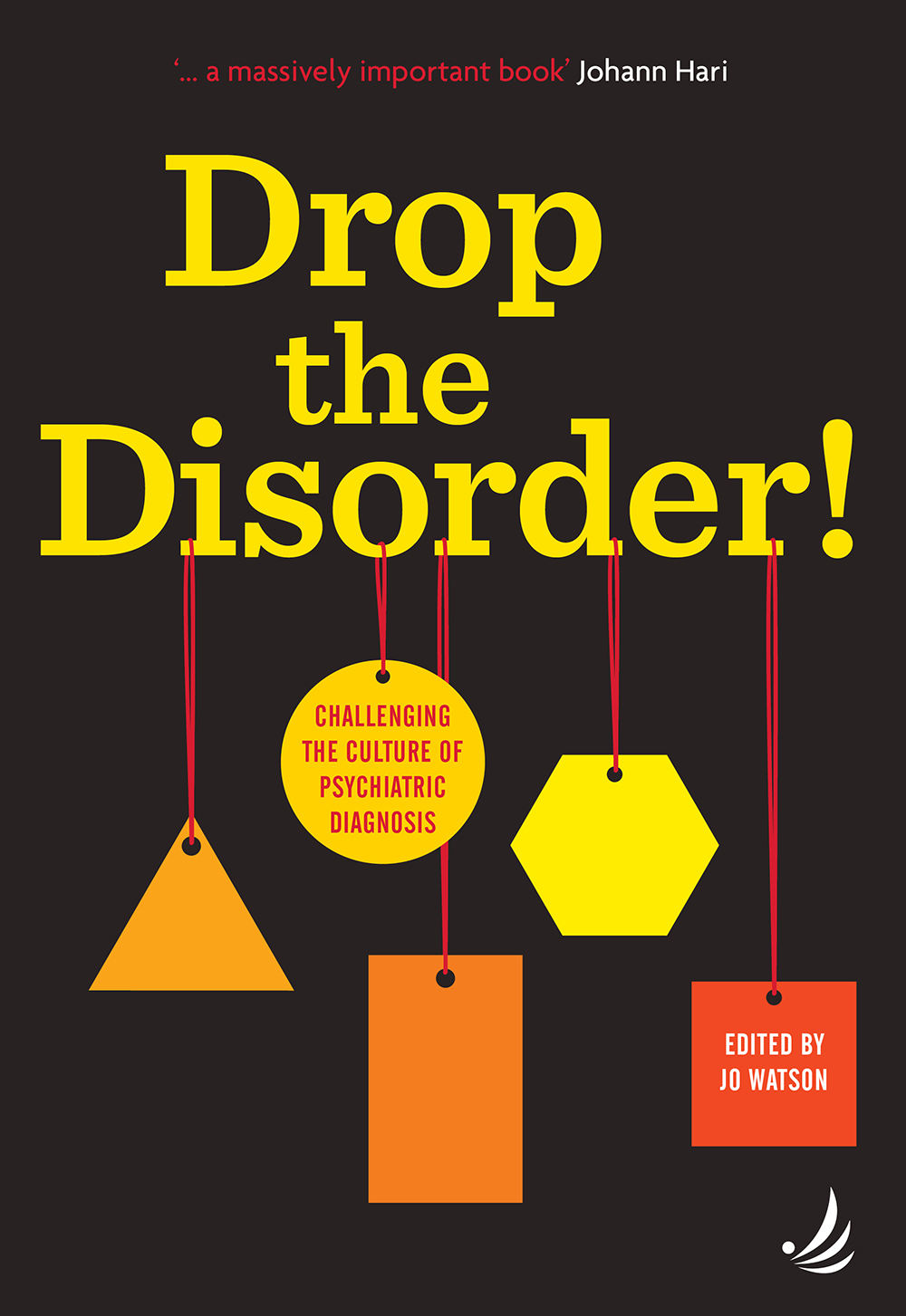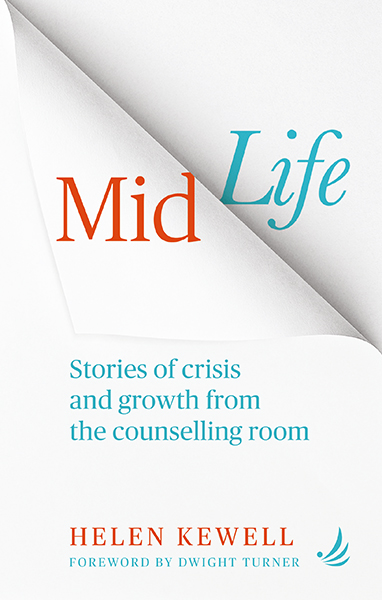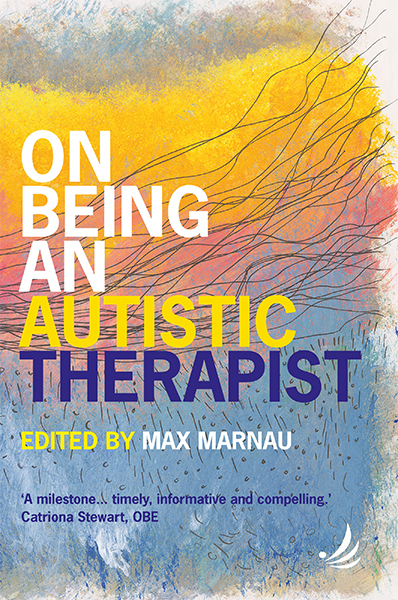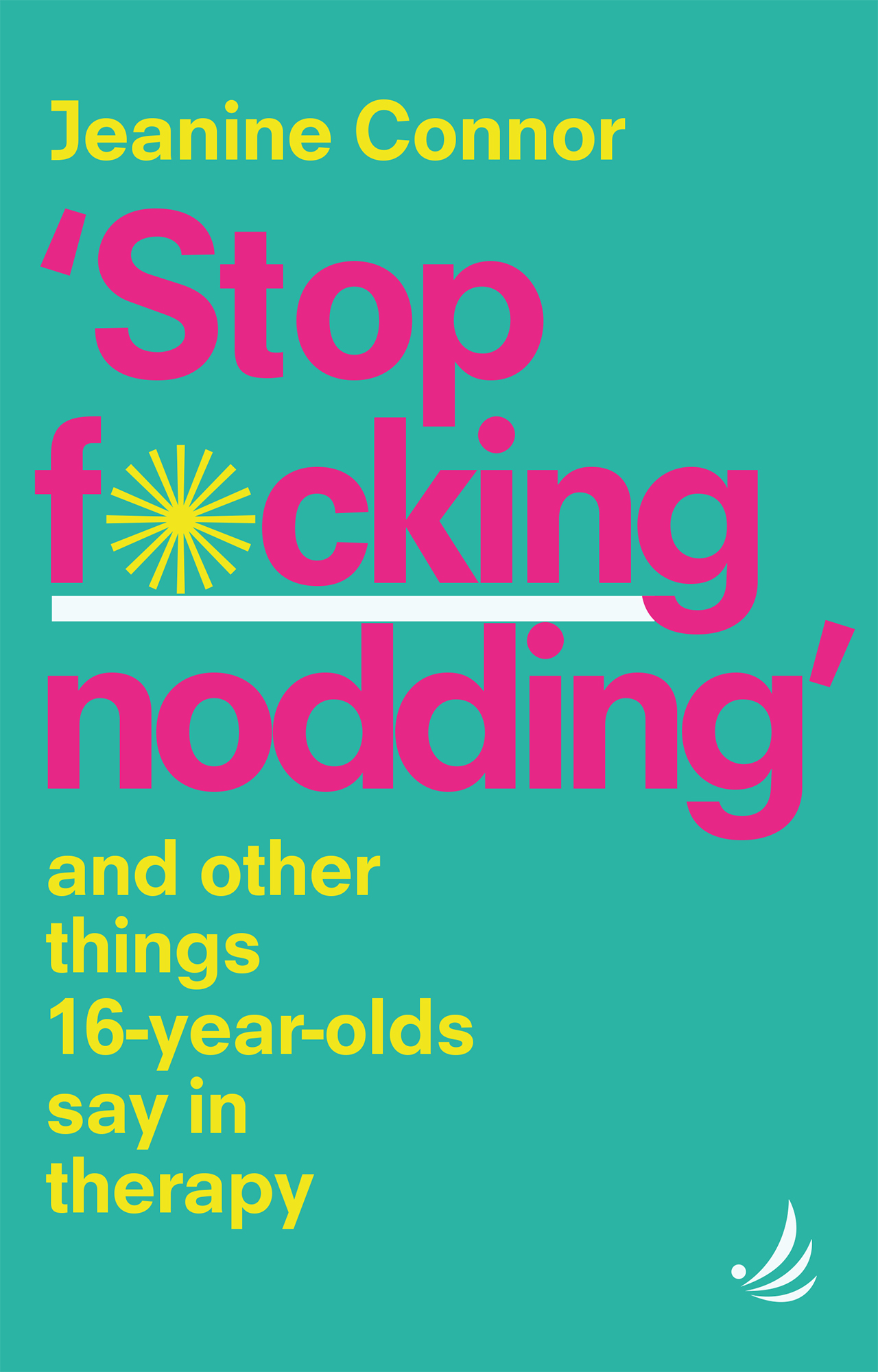Out Now
This is the third edition of the very popular Next Steps in Counselling Practice, revised, updated and expanded to accompany today's counselling students on their journey towards qualification.
Next Steps in Counselling and Psychotherapy Practice is aimed at the more advanced trainee and continues from where the PCCS Books classic First Steps in Counselling leaves off.The book is intended as a companion guide, addressed directly to the student counsellor. It is not a theory textbook - there are plenty of those already on the market. Rather, it seeks to answer the many questions that may come up for the individual student counsellor while in training, drawing on the authors' accumulated experience as trainers and practitioners, and as one-time trainees themselves.
This book is designed to be of use to and facilitate the learning of all counselling and psychotherapy students, irrespective of the theories that underpin their training programmes and their own approaches to practice.
The latest edition of Next Steps offers a veritable counselling cornucopia. A richly nuanced and informative narrative...This welcome, updated edition provides accessible content that will meet a range of learning and pedagogical styles, making it a valuable resource for practitioner trainees and trainers. Now in its third edition, Next Steps remains a wonderful tour de force! Lynne Gabriel OBE, Professor of Counselling and Mental Health, York St John University
I read the previous edition of this text when I first started out as a practitioner, and remember just how much it helped me in my early career. I am therefore extremely pleased to see this updated edition in print. Reading this excellent third edition, I spent a bit of time wondering just why it works so well. Part of the reason is the quality of the writing and the careful way it lays out and explores what it is to be a counsellor and psychotherapist. This new edition builds on much that worked so well in the previous editions, while integrating more contemporary ideas and including anti-oppressive theories into the person-centred mixture. Dwight Turner, Course Leader, Humanistic Counselling and Psychotherapy, University of Brighton


































